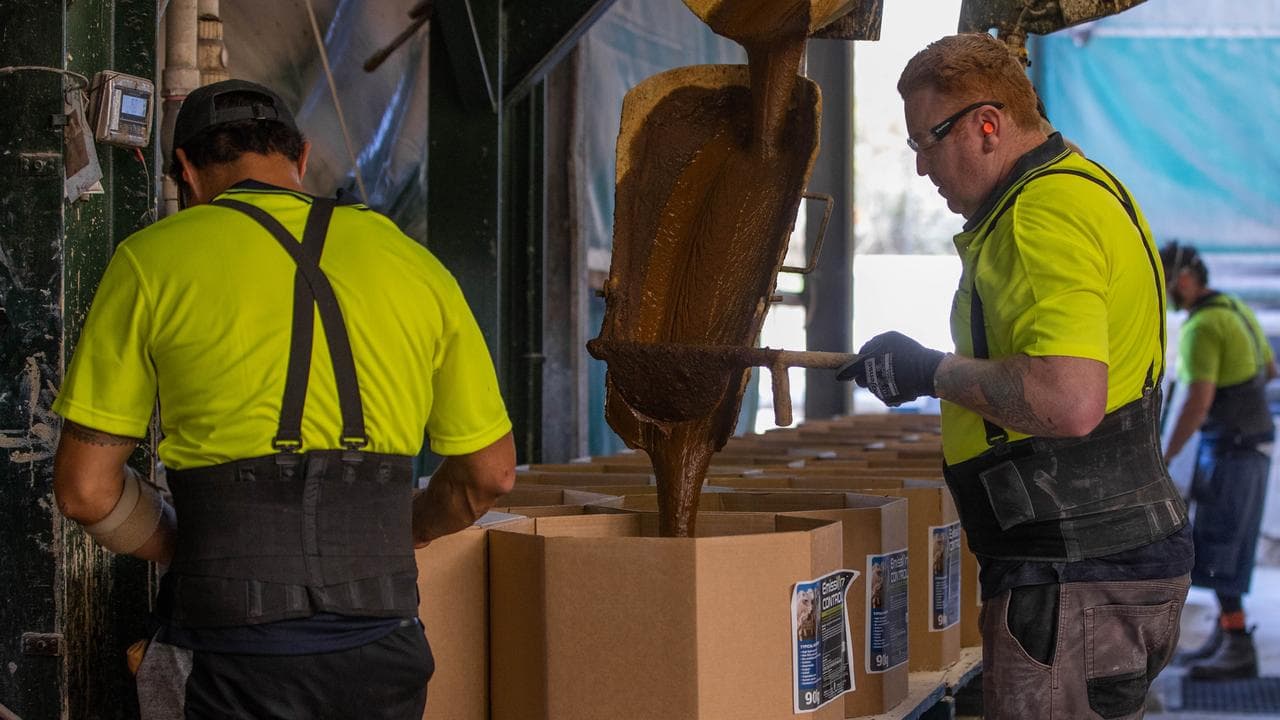
A fresh face has been picked for the task of guaranteeing Australia's future prosperity and lifting living standards.
Accomplished economist and public servant Chris Barrett has been installed in the top job at the Productivity Commission to replace outgoing chair Michael Brennan.
A pressing task will be modernising the independent body in line with the Albanese government's agenda to overhaul of key economic institutions.
This started with a major shake-up of the Reserve Bank, including a dual-board structure for setting monetary policy and running day-to-day operations.
Mr Barrett has held senior positions within the public service, including deputy secretary of the economics division of the Victorian Department of Treasury and Finance.
He has also been an ambassador to the Organisation for Economic Cooperation and Development, held a key climate change position for a European organisation and served as chief of staff for former Labor treasurer Wayne Swan.
Treasurer Jim Chalmers said the renewal project at the Productivity Commission would be a key to kickstarting Australia's sluggish growth.
Productivity growth, which is linked to Australia's future prosperity and living standards, has been limping along at its slowest pace in 60 years, averaging at 1.1 per cent a year over the decade to 2020.
It's become a focal point in the battle against high inflation, with RBA governor Philip Lowe repeatedly warning slow productivity growth has fuelled high labour costs.
Dr Chalmers said productivity was not growing strongly enough.
"If we want to see rising living standards and we want to see decent wages, productivity needs to be part of that," he said.
The treasurer said it would take time to kickstart the engine.
"Nobody pretends that there's a switch that you can flick to turn around what has been disappointing performance on the productivity side," he said.
Treasury has been leading a consultation process into the commission, with Dr Chalmers unable to provide timing on the release of its review.
He said the appointment of a former Labor staffer was not about better aligning the commission with his government's priorities.
"There'll be some people that say leave the PC exactly as it is, others will say abolish it entirely," he said.
The treasurer has made it clear there's been some divergence in views between the government and the commission, with Labor accepting some, but not all, of the institution's recommendations in its five-year inquiry.
The inquiry, released in March, laid out 71 ideas to get sluggish productivity growth moving.
At the time, Dr Chalmers said not all of the report's recommendations would be acted on, but most aligned with his government's values and priorities.
Shadow treasurer Angus Taylor raised concerns about the appointment of a former Labor staffer to the role.
"The test of Mr Barrett’s performance will be in whether he pursues genuine productivity reform or rubber stamps Labor’s union-led agenda that business is warning will take productivity further backwards," he said.
Mr Taylor said the government had "buried" the five-year review and had not met with the productivity commissioner to discuss it.
"The government needs a plan for productivity, not friendly faces at the Productivity Commission."
The outgoing chair, Michael Brennan, welcomed the "outstanding appointment".
"Chris will bring great intellect, strategic insight and a breadth of experience to the role," he said.
Ai Group chief executive office Innes Willox said Mr Barrett came to the role with considerable experience in policy and politics.
"Industry looks forward to continuing to work with the Productivity Commission to inform debate and policy making in the years ahead," he said.




